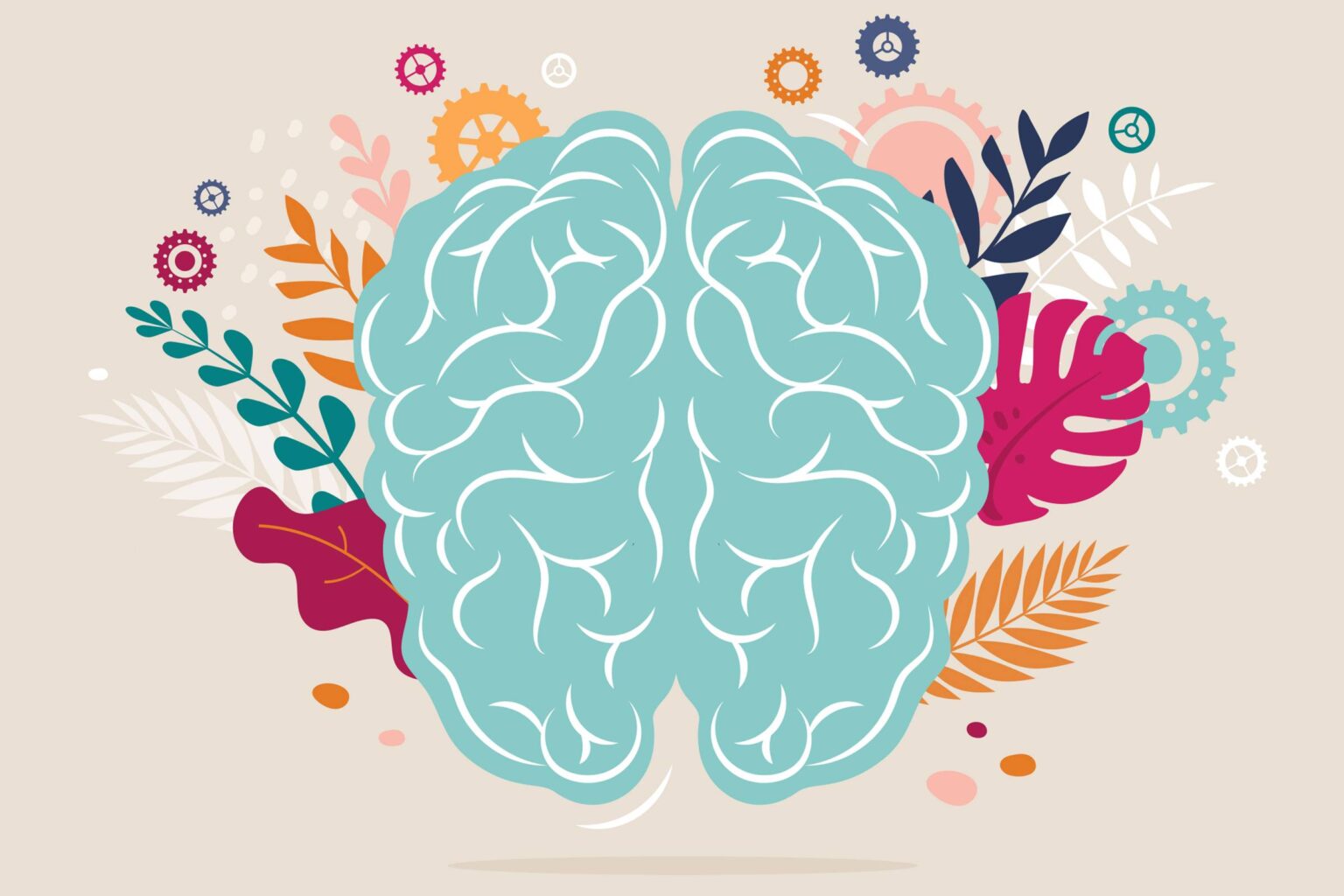
Our belief systems are a culmination of our life experiences, with added emphasis on the learnings we have in our childhood. Emotionally significant situations and how they made us feel and think decide the narrative of particular belief systems. It’s almost like we get older but our inner child lives within us, along with all the unmet needs, traumas, and fears
A lot of parents use comparison as a motivator and sometimes this can lead to high levels of insecurity, and inferiority. You might have learnt to believe that your best efforts are not good enough because they were rejected by your parents or mentors as they weren’t good enough in comparison. A lot of us learn to be quiet and not ask questions because we think that we are not smart enough. This experience can lead to a negative belief system about our self worth, which gets attached to productivity and achievement as well as what we think we deserve. Feelings of being inadequate or unworthy we carry from our past can lead to a fear of being abandoned or judged in our adulthood. A large part of our behavior and thinking is done to compensate for such feelings.
The importance of validation and approval and fear of rejection can be looked at from an evolutionary point of view. At the time when we were hunter gatherers, disapproval and rejection from the tribe was synonymous with a death sentence as it meant that one would be ostracized from the tribe. Pain has a huge significance on our survival instincts that it doesn’t come as a surprise when research showed a significant overlap in brain activity of experiencing physical pain while we sense the feeling of rejection. In general, you may have noticed that our mind pays a lot more attention to anything negative, be it painful memories, bad feedback or mistakes. Research again shows a spike in neural activity when shown any negative stimuli, this has been attributed to the level of alertness required by our ancestors in order to survive.
You may have also realised that hurtful memories from your past are much tougher to forget. So if you’ve faced criticism or pain in your childhood Your inner critic would tell you that no matter how good you are , it is not enough. Whilst this may motivate you to become more resilient to some extent, overplaying negative situations could discourage you from even trying as a way to protect you from the pain of further humiliation and rejection by telling you not to attempt it at all.
It’s important to note that our mind is our closest friend who’s got our back. But sometimes, it gets too protective and that’s when we develop unhealthy coping mechanisms like the one mentioned above. Where our inner critic forces us into inaction due to high levels of insecurity built over the years.
Were you able to relate this with certain behaviors you indulge in? Can you think of situations that you opted out of because you thought you weren’t good enough without even trying? Can you think of situations where you may have reacted a little too strongly because they triggered your inner child? Try to reflect on a childhood memory where you felt hurt, unworthy and alone. What would you say to your younger self? Close your eyes and tell your inner child that you love him/her right back and that regardless of any situation, you are more than enough.
Moments of reflection and connecting with our inner child helps us understand our behavior and decode these maladaptive belief systems that stop us from rising to our potential. By this simple practice of talking kindly to yourself, you are unwinding tight negative emotional knots in your mind and replacing them with positive and kinder perspectives. I like to call this parenting our mind, where we fulfill our emotional needs from the past by our self, thereby reducing the behaviors that we indulge in to compensate the feeling of inadequacy. Remember “Healing doesn’t mean the damage never existed. It means the damage no longer controls our life.”